Growing plants around your house improves air quality and enhances aesthetic appeal. Plants also provide shade and reduce noise pollution.
Plants play a crucial role in creating a healthier living environment. They absorb carbon dioxide and release oxygen, promoting better air quality. Plants also act as natural air purifiers by filtering pollutants and toxins. Besides health benefits, plants add beauty to your surroundings with their vibrant colors and textures.
They can also help in reducing noise pollution by acting as sound barriers. Additionally, strategically placed plants provide natural shade, cooling your home and saving energy. Incorporating plants around your house can transform your space into a tranquil, inviting sanctuary while offering numerous environmental and health benefits.
Benefits Of Growing Plants
Growing plants around our house brings many benefits. Plants improve our well-being and create a pleasant environment.
Improved Air Quality
Plants act as natural air purifiers. They absorb harmful pollutants like carbon dioxide and release oxygen. This process makes the air cleaner and fresher. Fresh air is essential for healthy lungs and overall health.
Here are some plants that improve air quality:
- Spider Plant
- Peace Lily
- Snake Plant
Stress Reduction
Being around plants helps reduce stress. Greenery has a calming effect on our minds. It lowers blood pressure and heart rate.
Here are some plants known for their stress-relief properties:
- Lavender
- Rosemary
- Jasmine
Try placing these plants in your home. You might feel more relaxed and happier.

Credit: www.facebook.com
Physical Health Advantages
Growing plants around your house offers numerous physical health benefits. Plants can enhance your immune system and increase physical activity. Let’s explore these advantages in detail.
Enhanced Immune System
Plants help boost your immune system in several ways. They produce oxygen, which is vital for human health. Fresh air from plants can reduce pollutants and improve air quality.
Being around plants can reduce stress. Lower stress levels strengthen your immune system. Plants also release phytoncides, which are natural chemicals. These chemicals can increase the production of white blood cells.
| Benefits | Details |
|---|---|
| Oxygen Production | Plants produce oxygen, essential for health. |
| Improved Air Quality | Plants reduce pollutants and clean the air. |
| Reduced Stress | Being around plants lowers stress levels. |
| Increased White Blood Cells | Phytoncides from plants boost white blood cells. |
Increased Physical Activity
Gardening and caring for plants encourage physical activity. Simple tasks like watering and pruning plants require movement. This can help improve your fitness levels.
Spending time outdoors with plants can increase your vitamin D levels. Sunlight exposure is crucial for bone health. Physical activities involved in gardening can help maintain a healthy weight.
- Watering plants
- Pruning leaves and branches
- Digging soil
- Planting new seeds
All these activities contribute to a more active lifestyle. A more active lifestyle leads to better overall health.
Mental Health Benefits
Growing plants around your house offers numerous mental health benefits. Being close to nature can improve your well-being. Let’s explore how plants can positively impact your mood and reduce anxiety.
Mood Improvement
Plants can significantly enhance your mood. Seeing greenery every day makes you feel happier. Spending time with plants can release endorphins, which are natural mood boosters. Studies show that people who interact with plants are less likely to feel depressed. Here are some ways plants improve mood:
- Visual Appeal: Green plants add beauty to your surroundings.
- Sense of Accomplishment: Watching plants grow gives you a sense of achievement.
- Connection to Nature: Being in touch with nature reduces stress levels.
Reduction In Anxiety
Plants can help reduce anxiety. The act of caring for plants is soothing. It allows you to focus on something positive. Gardening, in particular, is known to lower cortisol levels, which are linked to stress. Here’s how plants help reduce anxiety:
- Calming Effect: The sight of green plants can calm your mind.
- Therapeutic Activity: Gardening is a form of therapy that reduces anxiety.
- Improved Air Quality: Plants purify the air, making you feel better.
| Benefit | Description |
|---|---|
| Visual Appeal | Greenery enhances the beauty of your home. |
| Calming Effect | Seeing plants can calm your mind and reduce anxiety. |
Environmental Impact
Growing plants around your house has many environmental benefits. Plants help in reducing pollution and conserving energy. They also support local wildlife and improve air quality. Here are some specific ways plants can have a positive environmental impact.
Reduced Carbon Footprint
Plants absorb carbon dioxide and release oxygen. This process helps in reducing the carbon footprint. Trees and shrubs can also provide shade. This reduces the need for air conditioning in summer.
Planting trees around your home can save energy. A shaded house stays cooler, which means less electricity is used. This helps in cutting down on energy costs and reducing carbon emissions.
Support For Local Wildlife
Plants provide shelter and food for various animals. Birds, insects, and small mammals can find homes in your garden. This creates a balanced ecosystem right in your backyard.
Native plants are especially good for local wildlife. They offer the right kind of food and habitat. This helps in maintaining the natural balance of your area.
| Environmental Benefit | Description |
|---|---|
| Reduced Carbon Footprint | Plants absorb CO2 and provide shade, reducing energy use. |
| Support for Local Wildlife | Plants offer food and shelter to birds and insects. |
Aesthetic Value
Growing plants around your house offers numerous benefits. One of the most significant is the aesthetic value. Plants not only beautify your home but also create serene and inviting spaces. Below, we explore this in detail.
Enhanced Curb Appeal
Plants can dramatically improve your home’s curb appeal. They add color, texture, and life to your property. Imagine a house with a lush green lawn and vibrant flower beds. It instantly catches the eye.
Here are some ways plants enhance curb appeal:
- Bright flowers and green shrubs make the entrance welcoming.
- Tall trees provide shade and a majestic look.
- Neatly trimmed hedges give a polished appearance.
All these elements work together to make your home look attractive. A well-maintained garden can increase property value too.
Creation Of Tranquil Spaces
Plants around your house can create tranquil spaces for relaxation. A garden or a small backyard oasis can be your retreat. Surrounded by nature, you can unwind and rejuvenate.
Consider these ideas to create a tranquil space:
- Planting fragrant flowers like lavender or jasmine.
- Adding a small water feature like a fountain or pond.
- Setting up a comfortable seating area with garden chairs.
These elements make your outdoor space peaceful. You can enjoy quiet moments or entertain guests in a serene setting.
In summary, the aesthetic value of growing plants around your house is immense. They enhance curb appeal and create tranquil spaces that everyone can enjoy.
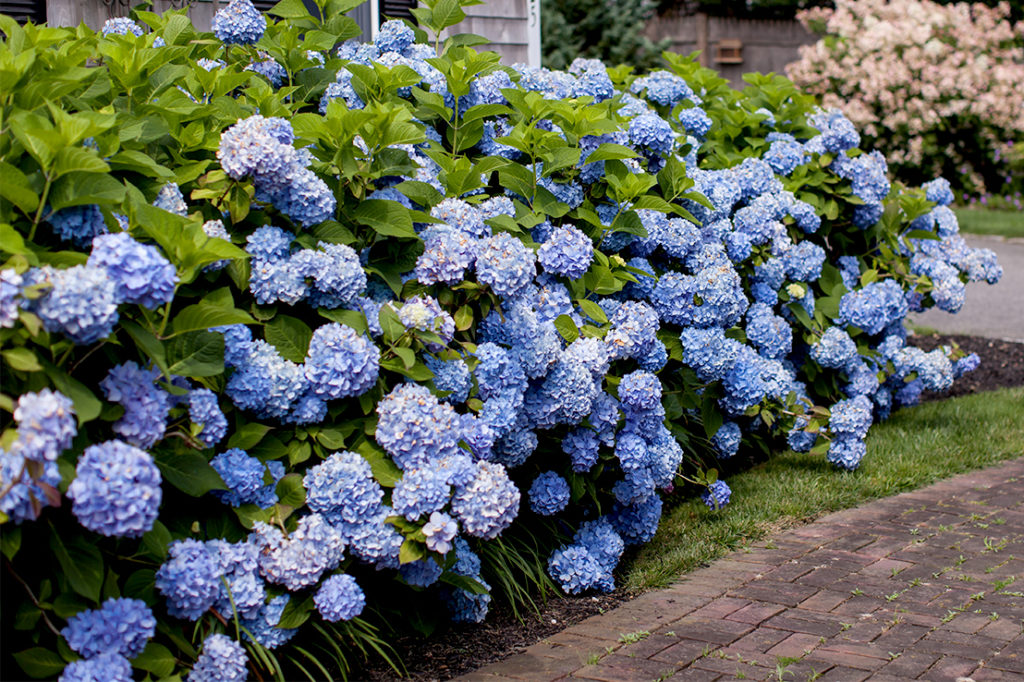
Credit: garden-gab.com
Economic Benefits
Growing plants around your house can save you money. Plants can also increase your home’s value. They make your home more beautiful and cost-effective.
Increased Property Value
Plants can make your home worth more money. Many home buyers like houses with gardens. A well-kept garden can add up to 20% to your home’s value.
Here are some ways plants increase property value:
- Improving curb appeal
- Providing shade and cooling
- Reducing noise pollution
Plants can also save you money on energy bills. Trees and shrubs can keep your home cool. This reduces the need for air conditioning in summer.
| Type of Plant | Benefit |
|---|---|
| Trees | Provide shade, reduce cooling costs |
| Flowering Plants | Improve curb appeal |
| Hedges | Reduce noise pollution |
Savings On Groceries
Growing your own food can save you money. You don’t have to buy vegetables and herbs from the store.
Here are some plants you can grow to save money:
- Tomatoes
- Carrots
- Spinach
- Basil
Homegrown food is also fresher and healthier. You can grow food without chemicals. This means you get fresh and organic food. It also reduces your grocery bills.
Plants can also reduce waste. You only pick what you need. This means less food waste and more savings.
Community Building
Growing plants around our house does more than just beautify our surroundings. It plays a crucial role in community building. Plants bring people together, creating a sense of shared purpose and pride.
Encouraging Social Interaction
Plants can be a great conversation starter. Neighbors are more likely to stop and chat about the beautiful garden. This helps in encouraging social interaction.
Organizing community gardening events can also bring people together. Everyone can participate and enjoy the activity. This fosters a sense of belonging and cooperation.
Fostering Neighborhood Pride
Beautiful plants and gardens can make a neighborhood look inviting. This can help in fostering neighborhood pride. People take more care of their surroundings when they are proud of it.
Seeing well-maintained gardens can inspire others to improve their own spaces. This creates a ripple effect, enhancing the entire community’s appearance.
| Benefits | Details |
|---|---|
| Social Interaction | Neighbors talk more, community events happen. |
| Neighborhood Pride | People take pride in well-maintained gardens. |

Credit: www.pinterest.com
Practical Tips For Growing Plants
Planting around your house brings beauty and many benefits. To make your garden thrive, follow these practical tips. They will guide you in choosing plants, caring for them, and ensuring they grow well.
Choosing The Right Plants
Selecting the right plants is crucial. Choose plants that suit your climate and soil. Some plants need more sunlight, while others thrive in shade.
| Type of Plant | Sunlight Needs | Soil Type |
|---|---|---|
| Succulents | Full Sun | Well-Drained |
| Ferns | Shade | Moist |
| Roses | Partial Sun | Loamy |
Consider the height and spread of plants. This ensures they fit your space. Check plant tags for this information.
Proper Care And Maintenance
Proper care keeps plants healthy. Water them regularly, but avoid overwatering.
- Water in the morning.
- Use mulch to retain moisture.
- Check soil moisture before watering.
Prune plants to remove dead parts. This helps them grow better. Fertilize plants to provide nutrients. Use organic fertilizers for best results.
Protect plants from pests. Use natural pest control methods.
- Inspect plants regularly.
- Remove pests by hand.
- Use neem oil or soap spray.
Following these tips ensures your plants thrive. Enjoy a beautiful and healthy garden around your house.
Frequently Asked Questions
Why Is It Important To Have Plants All Around Us?
Plants purify the air, reduce stress, and enhance well-being. They also provide oxygen, improve aesthetics, and support biodiversity.
Should You Have Plants Around Your House?
Yes, having plants around your house offers numerous benefits. They improve air quality, reduce stress, and enhance aesthetics.
Why Is Growing Trees Around Our House Necessary?
Growing trees around your house improves air quality, provides shade, reduces energy costs, and enhances property value. Trees also offer privacy and create a peaceful environment.
What Are The Benefits We Get From Plants?
Plants provide oxygen, improve air quality, and enhance mental well-being. They offer food, medicine, and habitat for wildlife.
Conclusion
Growing plants around your house offers numerous benefits. They improve air quality, enhance aesthetics, and support mental well-being. Plants also reduce noise pollution and increase property value. Embrace the greenery and create a healthier, more beautiful living space. Start your gardening journey today for a better, greener tomorrow.

My mission is to help you bring the beauty of nature indoors with expert advice, detailed plant care guides, and creative design ideas.

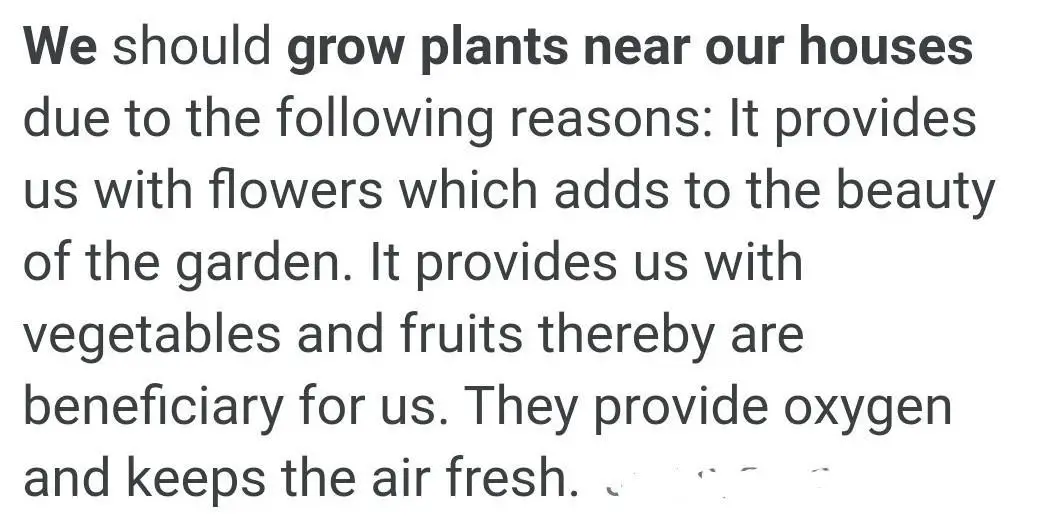
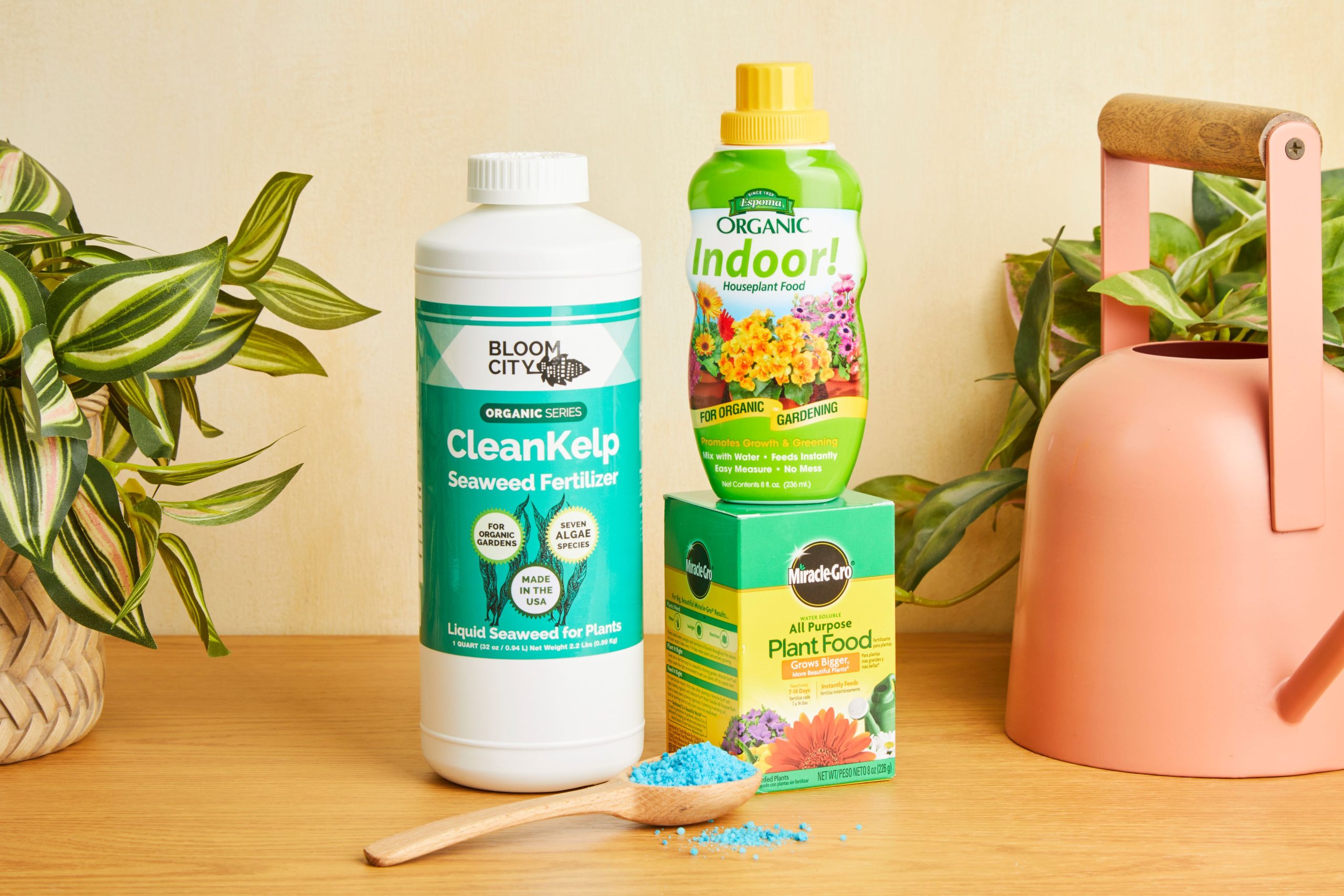
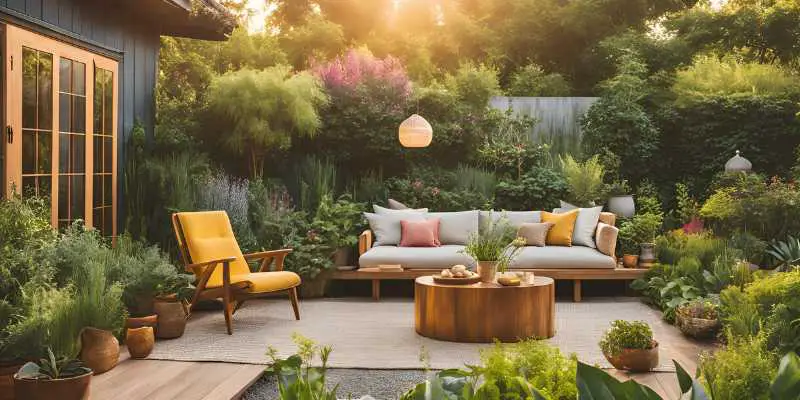
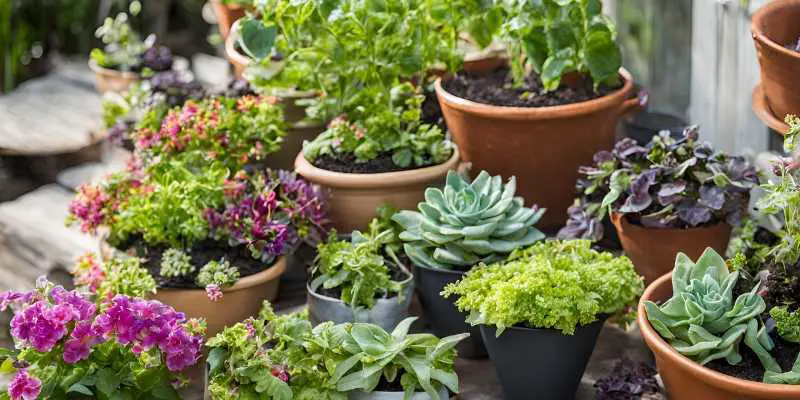
Leave a Reply